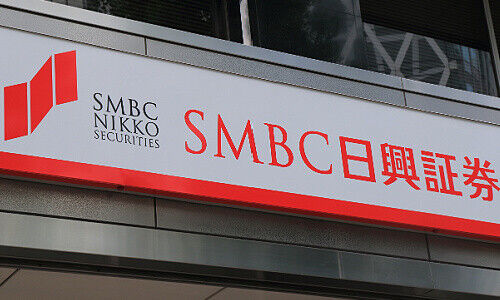SMBC Nikko VP Charged in Manipulation Case
Tokyo prosecutors have charged a former vice president Japan’s SMBC Nikko Securities for alleged market manipulation.
The development likely marks the end of the investigation, with the court trial ahead, Nikkei Asia reported Wednesday, adding severe penalties are likely if Toshihiro Sato, the former vice president, and the other defendants are found guilty.
The charges against Sato related to illegally buying shares of Taisho Pharmaceutical Holdings to prop up the share price, «Nikkei Asia» reported Wednesday. Sato was involved in one of the five cases of manipulation, «Kyodo News» reported.
Sato Allegedly Approved Transactions
The company and Makoto Yamada, the former head of the equity trading section, were also indicted, «Kyodo News» reported. Yamada was alleged to play the leading role in the five cases, while Sato had told investigators he wasn’t aware of any illegality, «Kyodo News» reported, citing sources. Sato had approved the transactions after Yamada informed him of the trades via email, «Kyodo News» reported, citing sources. Prosecutors added new charges against Yamada Wednesday, «Nikkei Asia» reported. Four other employees were previously arrested.
Both Sato and Yamada have denied the charges, «Nikkei Asia» reported, citing sources.
For its part, SMBC Nikko Securities is admitting to lapses.
«We will review the results of the investigations by the Investigation Committee and the details of the disclosure of evidence by the prosecution; however, we cannot deny that there was a shortcoming in the internal control system, and in that sense, we recognize that we are bound to be held responsible as a company. We take the situation very seriously and deeply reflect on what we have done,» the company said in a statement posted to its website Wednesday.
«Block Offers»
The arrests were related to «block offers,» or after-hours large-volume trades which allow investors to unload shares without creating a negative price impact.
SMBC Nikko is under suspicion of having bought the stocks on the market via proprietary trading, which might have been aimed at preventing closing share prices from falling below levels where block-offer investors were willing to sell.




















